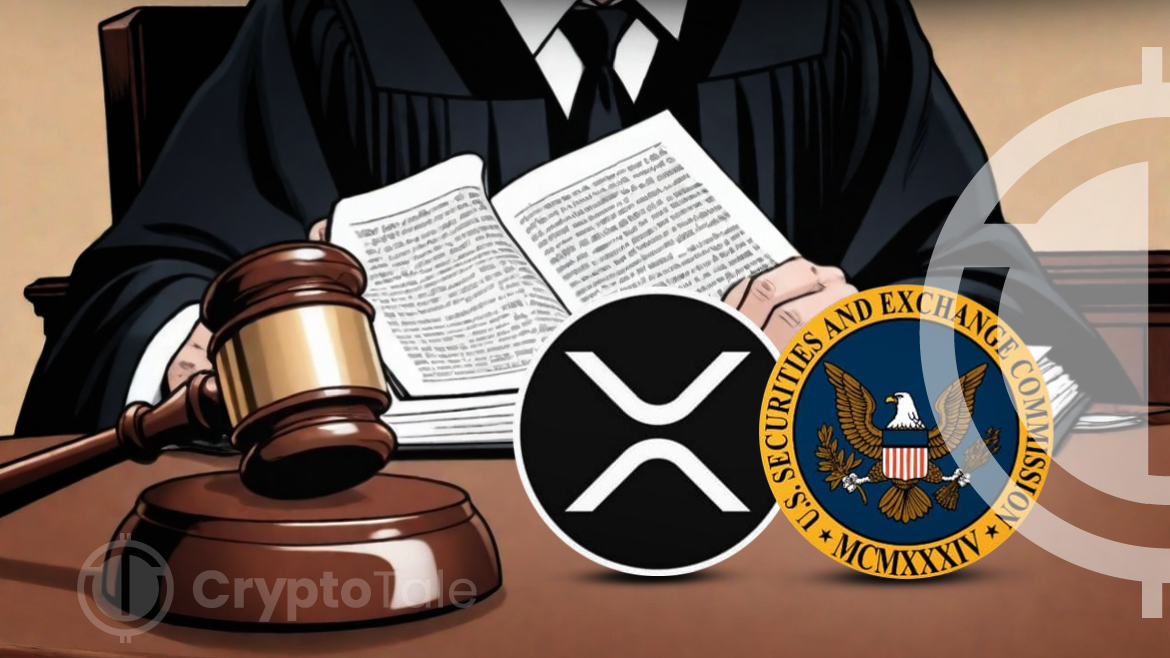- The SEC has requested an extension to the deadline for submitting briefs related to remedies in the lawsuit against Ripple Labs, aiming for a new date of March 22.
- This request for an extension, agreed upon by Ripple, marks the first time any party has sought additional time in the remedies briefing schedule of this legal case.
- The need for an extension arises from the SEC’s requirement to thoroughly review newly available documents and finalize their briefing on remedies.
The SEC has recently requested a deadline extension for submitting briefs concerning remedies in its ongoing lawsuit against Ripple Labs, according to a post from attorney James K. Filan. The request was presented to Judge Analisa Torres of the Southern District of New York with a proposal to delay the SEC’s opening brief until March 22.
This marks a notable development, as it is the first instance of either party seeking an extension in the remedies briefing schedule. Ripple has agreed to the suggested timeline adjustments. The SEC’s pursuit of an extension stems from the need to thoroughly review documents recently made available and to finalize the briefing on remedies. This follows a resolution of a discovery scope dispute between Ripple and the SEC on February 5, which resulted in a one-week discovery deadline extension granted by Magistrate Netburn.
The SEC cites “good cause” for this extension, as per Federal Rule of Civil Procedure 16(b)(4), highlighting diligent efforts in completing the necessary discovery and briefing for remedies. The lack of an impending trial date supports the SEC’s case for the deadline pushback, aiming for comprehensive preparation and document review before presenting their opening brief.
Meanwhile, adding to the legal complexities, Ripple Labs Inc., alongside CEO Brad Garlinghouse and subsidiary XRP II, LLC, faces a class action lawsuit in the Northern District of California. The lawsuit accuses the fintech firm of breaching federal and California securities laws by distributing the digital asset XRP without the necessary registration. The plaintiffs argue that Ripple’s sale of XRP was unauthorized, circumventing the registration requirements set by federal and state securities laws.
The class action aims to represent two groups: those filing under federal securities claims and those under California state securities claims. This covers individuals and entities who acquired XRP between July 3, 2017, and June 30, 2023. Ripple and its co-defendants maintain that XRP is not a security and thus does not necessitate registration.
In related developments, the SEC’s lawsuit against Ripple saw progress, with the court ordering Ripple to reveal specific financial records and contract details. Despite Ripple’s resistance, the court deemed the documents as crucial for deciding on a suitable remedy and evaluating the need for an injunction.
Despite these legal challenges, Ripple is actively expanding its business within the crypto sphere. The company has announced its intention to purchase New York-based Standard Custody and Trust Company, enhancing Ripple’s digital asset and regulatory license portfolio. Jack McDonald, CEO of Standard Custody, emphasized the collaboration’s potential to solidify their leading position in the crypto infrastructure.












